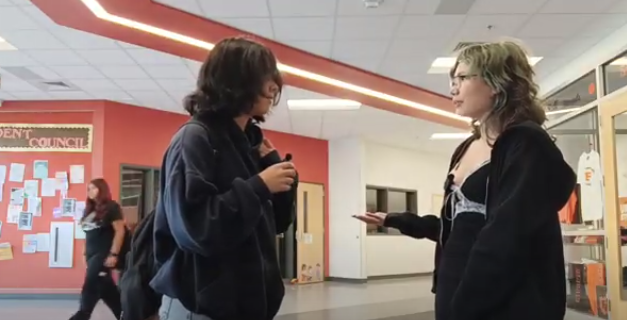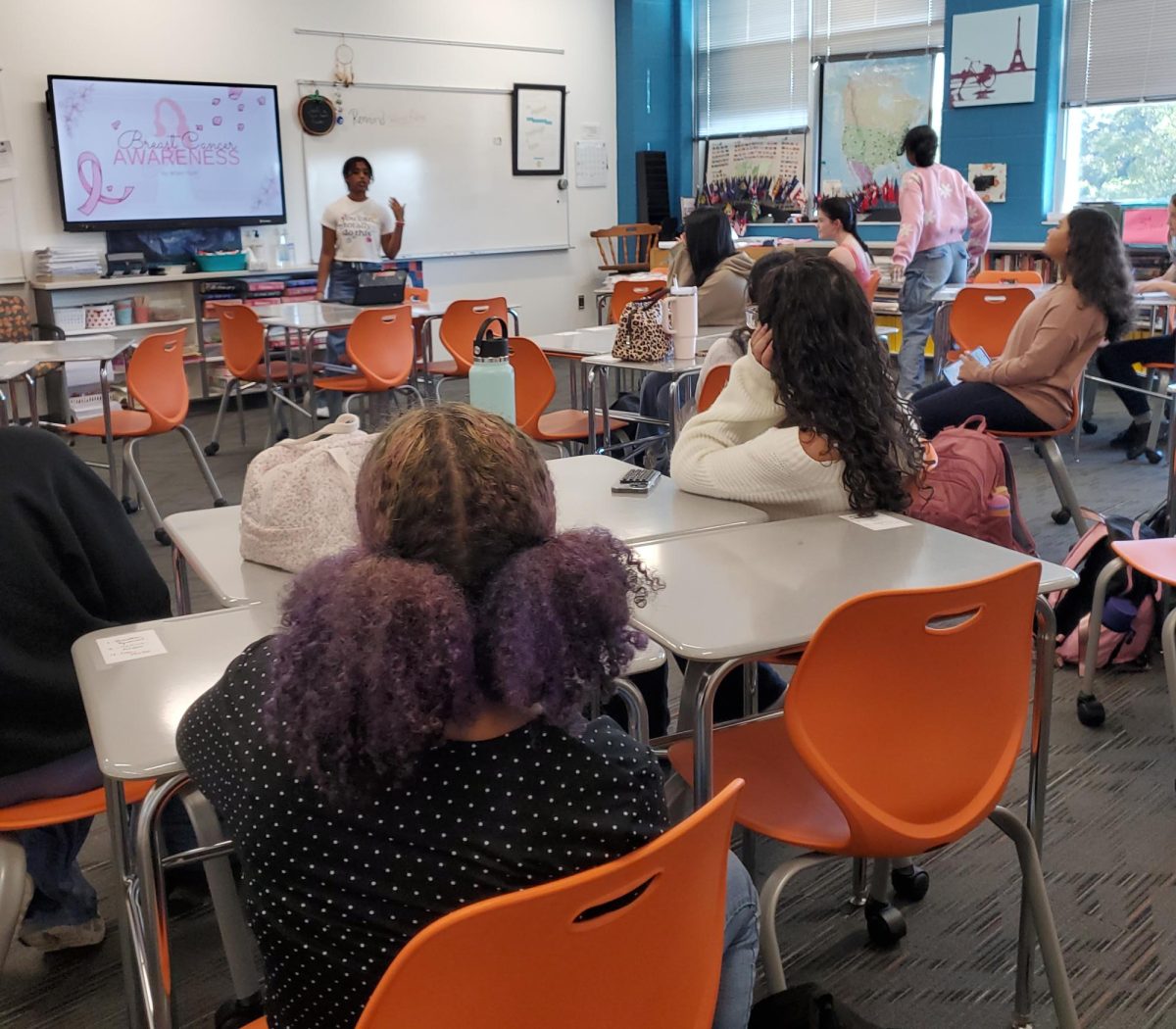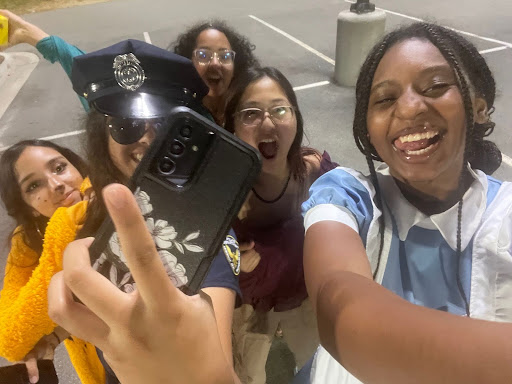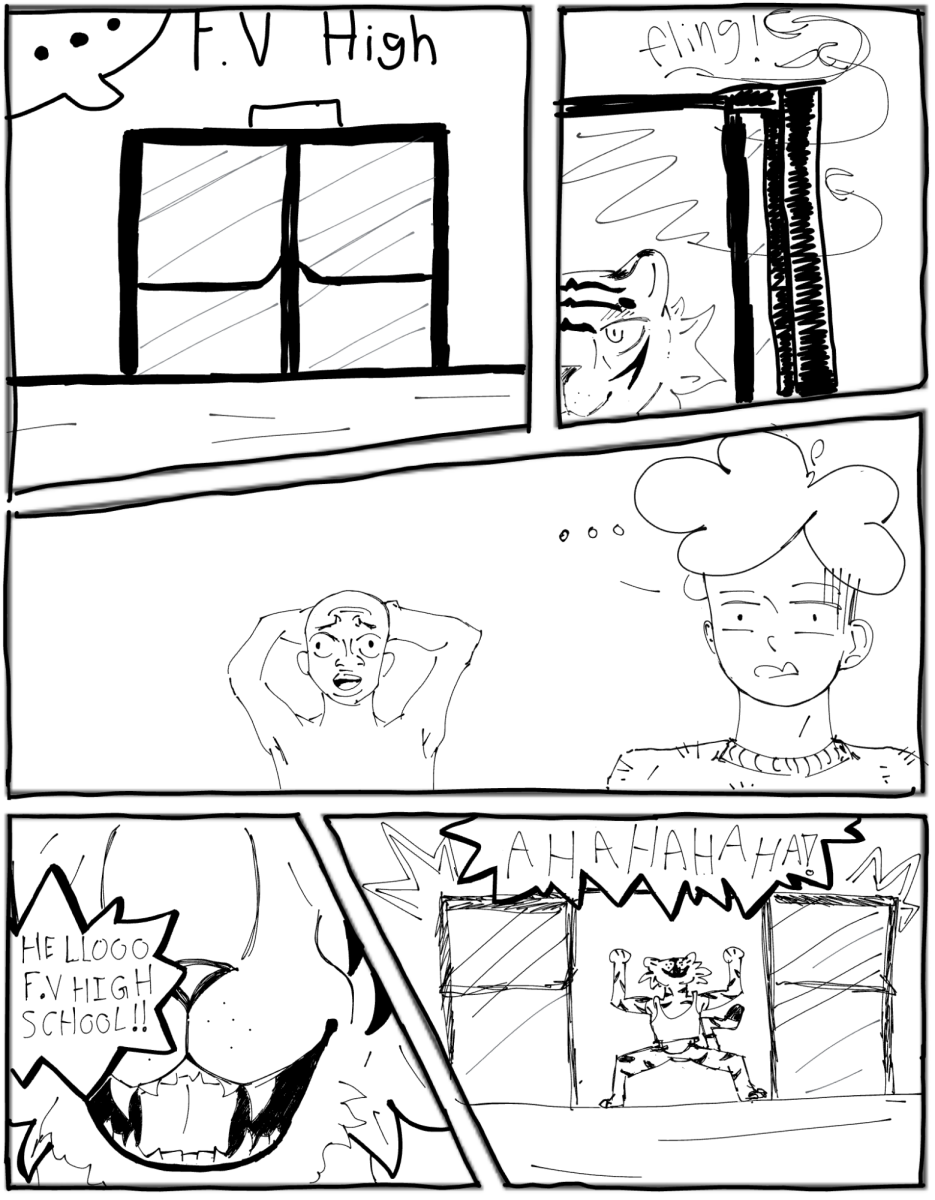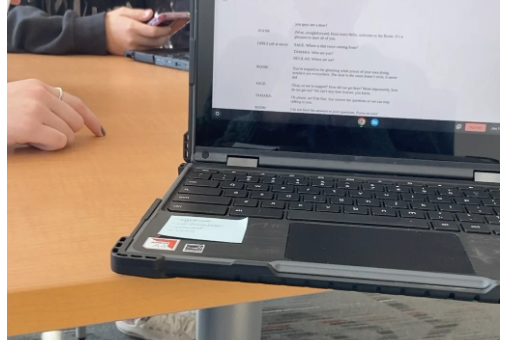During the COVID-19 pandemic, many schools, including those in Wake County, implemented a form of schooling called asynchronous learning. This meant that students had one day a week in which they didn’t have to go into schools or log into zoom and instead did assigned work at their own pace. These asynchronous days were valuable at the time, but they wouldn’t be as helpful if schools brought them back.
Since schools have gone back to a normal in-person learning schedule, students have debated whether or not it would be beneficial to return to a schedule in which they have one day a week to complete assignments from home. However, this method may have more drawbacks than benefits.
Students in support of reinstating asynchronous days often argue that it would allow them a chance to catch up on work without the added stress of the in-person school environment.
“I liked being able to work at my own pace,” said junior Ivy Reeves, who supports bringing back asynchronous learning. “It was super convenient being able to build my own schedule based on how I personally work.”
This may be helpful for students, but it does not teach them how to fully manage their time, a valuable skill necessary for success in life. Students that plan to attend university after high school must be able to balance the classes they’re attending with the school work they must study and complete. Anyone planning to enter the workforce at any time must learn to balance their career with everything else in their life.
On top of that, the current schedule of an academic year has countless holidays and teacher workdays that allow students off-time to complete their missing work.
Asynchronous days also take away students’ ability to receive any immediate guidance they need academically. Many teachers are simply an email away in case students have questions at any time, but it being outside the school environment can be distracting, limiting a student’s ability to understand what they’re trying to learn. Being able to ask for and receive explanations on any confusion in person allows students to better understand, as it limits disturbances often present at home.
School has a general reputation for being disliked by most students, but it facilitates chances to form connections. Being able to interact and build relationships with peers and teachers alike is imperative to a young person’s growth and development. This builds skills that may seem incredibly simple, such as the ability to collaborate with others, but they are crucial to later success in life.
“[Asynchronous days] can really hurt the teamwork and friendships that help students grow and learn,” said senior Alley Fought.
Re-implementing asynchronous days would force teachers to reshape their curriculum around the weekly breaks, diminishing chances for collaborative projects and removing a student’s ability to receive any immediate help they need. By sticking to the current school schedule, students are taught to stay on top of their work. The five day school week makes breaks and teacher workdays something to look forward to.

